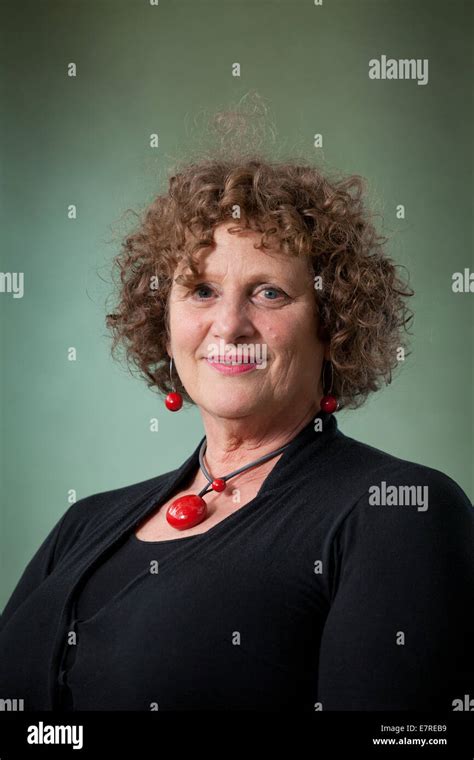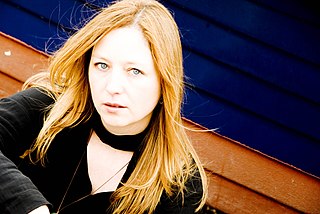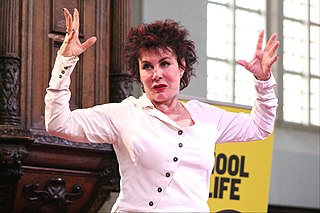A Quote by Harper Reed
When I look for new books, I often struggle to find things that challenge and entertain me. This has caused me to spend a number of cycles thinking about where I can get the serendipitous book discovery experience that we had in physical book stores.
Related Quotes
But, in the end, the books that surround me are the books that made me, through my reading (and misreading) of them; they fall in piles on my desk, they stack behind me on my shelves, they surprise me every time I look for one and find ten more I had forgotten about. I love their covers, their weight and their substance. And like the child I was, with the key to the world that reading gave me, it is still exciting for me to find a new book, open it at the first page and plunge in, head first, heart deep.
I can walk into a bookshop and point out a number of books that I find very unattractive in what they say. But it doesn't occur to me to burn the bookshop down. If you don't like a book, read another book. If you start reading a book and you decide you don't like it, nobody is telling you to finish it.
I am very bad at remembering the books I've read and so recently I had a wonderful experience. I decided I wanted to teach Toni Morrison's The Bluest Eye. I hadn't read it in twenty-five years. I was surprised to find how much I drew from that book. Stole from that book, learned from that book about writing. I had forgotten and there it was. Morrison has called that text faulted. I cannot see how.
There's a part of me with every book that thinks, What would it have meant for me tohave had this book when I was a kid? I decided to create a book for girls like me. The Littlest Bigfoot is about bullying and body image and girls who don't fit in. It's like training wheels for my adult books - like Sex and the City, but with 12-year-olds.
The process for writing a picture book is completely different from the process of writing a chapter book or novel. For one thing, most of my picture books rhyme. Also, when I write a picture book I'm always thinking about the role the pictures will play in the telling of the story. It can take me several months to write a picture book, but it takes me several years to write a novel.

































